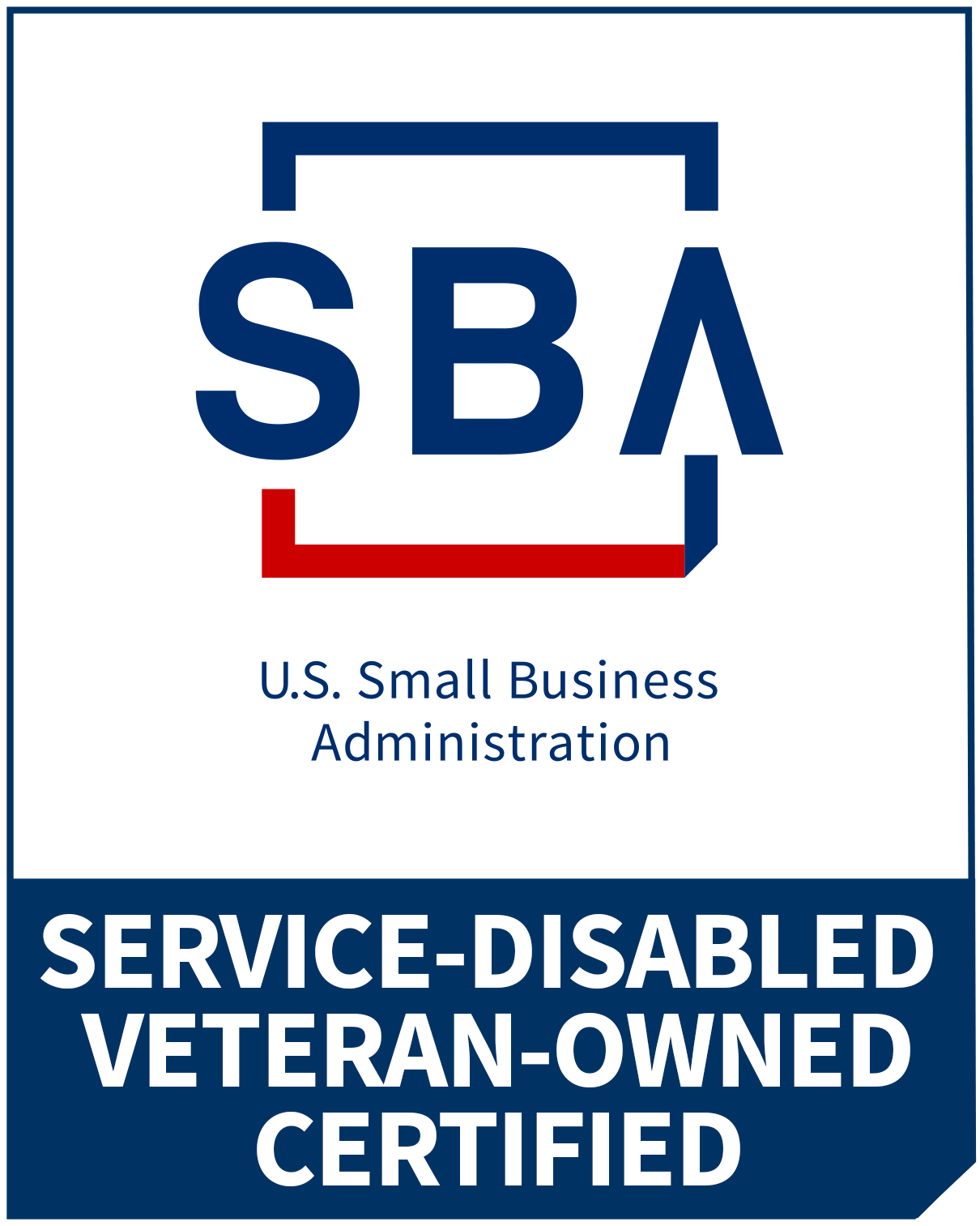The other day I spent about 45 minutes round-trip (short by standards…read on) and about $45 mailing Christmas cards. Happy Holidays to our family and friends who receive one from us!
I use the word “mailing” deliberately because that’s all I was doing. I wasn’t shopping for them, digging through my computer to find the file where I keep my list, writing them, addressing them, or stamping them. This was just to mail them. Some of them are a bit bulky, and the box of cards we bought this year (a very clever, diverse, and creative collection of truly lovely cards with lots of adornments and festoonery) even came with the caveat that they “may require additional postage.” So, just to be safe, I bundled up and headed out to the post office. At this time of year, doing that at 5pm wasn’t the best idea, but I got lucky and headed right to the front of the line. That’s where my luck ended.
Yes, indeed, the happy postal employee confirmed, I would need additional postage. For every single one of them…even those that weren’t all that bulky. Apparently, they each weighed more than normal first-class postage would cover (it seems a “Forever Stamp” isn’t unlimited license), and the bulky ones actually constituted ‘parcels,’ a word I’m familiar with but never gave much thought to: short story, those cost four to five bucks apiece to mail. Every single one needed to be weighed, and postage printed and attached. Surely that’s not the fault of the post office or the USPS as a whole. In fact, the counterperson there was pleasant, and exacting, making sure I only paid the additional postage required exactly for each card; more for some, less for others.
I was ticked off. Not enough to ruin my evening, it is Christmas after all. But still: I was unprepared for this inconvenience, and was only lucky that there had been no line when I arrived at the post office. Did the manufacturer of those cards simply think that printing an anodyne (and euphemistically existential, for that matter: “may require”) passage about the possibility of needing additional postage was sufficient? Every single one of them did, in fact. It wasn’t even the extra cost really that torked me…it was the seeming washing of the hands of it all.
Surely someone at that company received enough blowback from Customers (perhaps they anticipated it) unexpectedly needing to fork over a bit more (and having to pay a trip to the counter) to drop it in the box for delivery to realize, “hey, we’ve got an issue here.” Regrettably, the solution to that issue isn’t to find a way to save the hassle on behalf of their Customers. It was to just slap a meaningless caveat onto their package. Now, certain solutions may not be feasible: These cards, after all, are mirthful, wonderfully designed and decorated, and downright jolly, befitting the season. Redesigning them to conform with single-stamp mailing may defeat the whole point. For those physically giving these cards in person, it’s not even an issue. And, as I mentioned, I’m not above spending a bit more on the postage to send such nice messages.
But this is a trap some companies fall into: They may sell a few fewer cards if their warning were clear and unequivocal: “These cards cannot be mailed as normal cards, but will require additional postage.” Maybe even a little bit of, “Please make sure to affix enough postage before dropping this in the mail.” Heck, they could even blame it on the post office: “The USPS charges extra to deliver these through the mail system. Please affix proper postage in order to hasten delivery.”
That they put a notice on the cards makes it clear they’re aware of it. And considering they’re in this business there’s no way they don’t know that, yes, every one will require additional postage (not simply that some “may”). Now naturally, this card manufacturing company isn’t going to get sued over making its message inexact and passive in nature, any more than a car company would really be at any risk if they left the “Professional driver on a closed course” message out of their commercials.
Look what the cost was, though: Clearly, they’re covering their backside by acknowledging it. However, that recognition makes their hedging about the actual cost seem a little more sneaky. From their perspective, they’ve done their due diligence, maybe even helped us out by pointing out this ‘possibility.’ But from their Customers’ perspective, it comes off as shady. I’m unlikely to buy another big box of these cards next year, just to save a bit of hassle. Although, I may (see what I did there?) buy a couple of their cards…maybe even some to mail. But this sort of weaselly CYA is a turn-off from a CX perspective.
Does your organization do this? Recognize a way in which you could inconvenience or even cost your Customers and, rather than fixing the problem, slap a warning label on it instead? Worse still, make that warning so vague and meaningless that it’s not even really helpful at all? And even worse, potentially congratulate yourself that, ‘hey, I’m glad we pointed that out!’ as if your Customers should be grateful? It’s little things that show respect for our Customers that often make the difference, especially when Customers are in a forgiving mood already.




